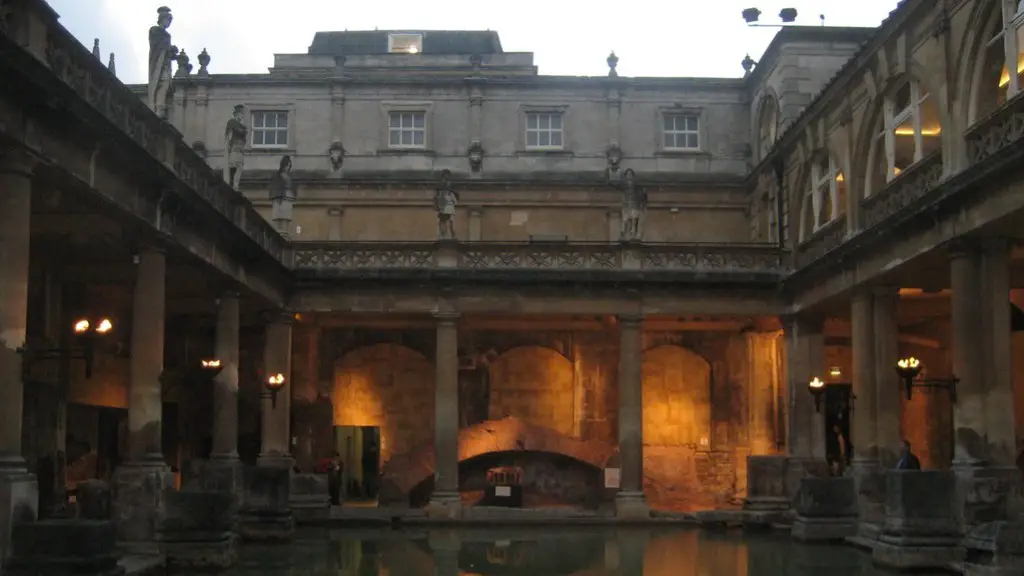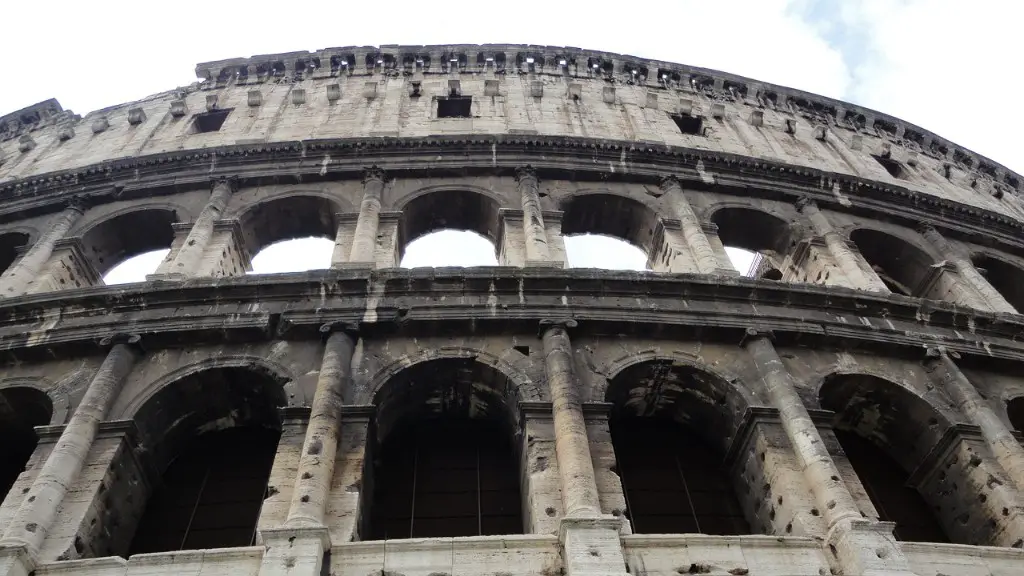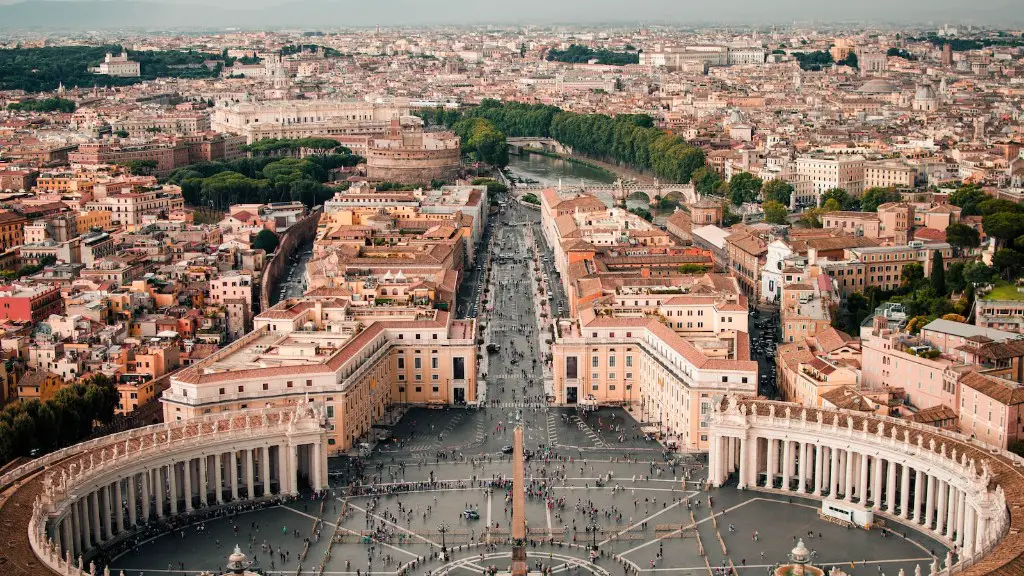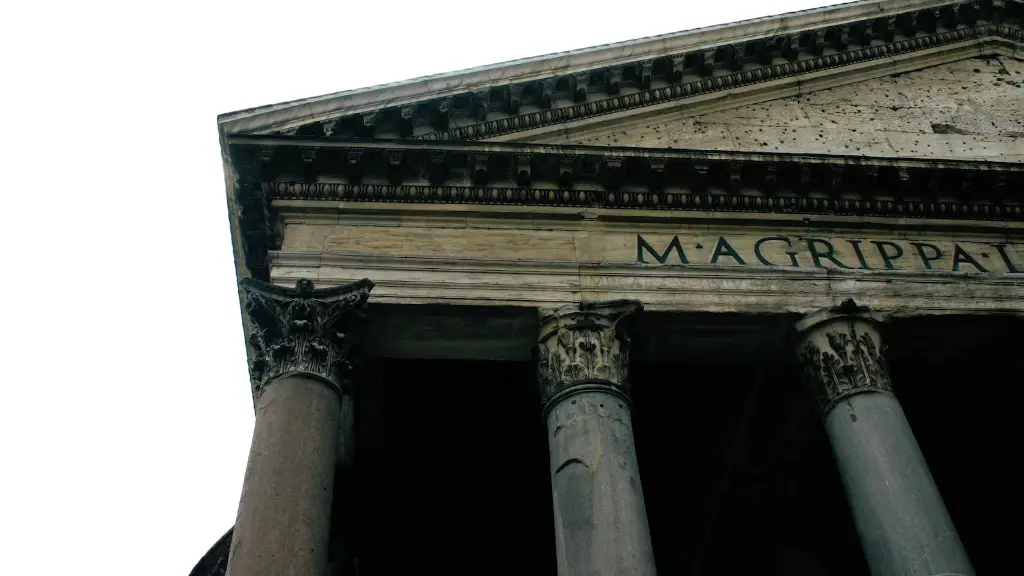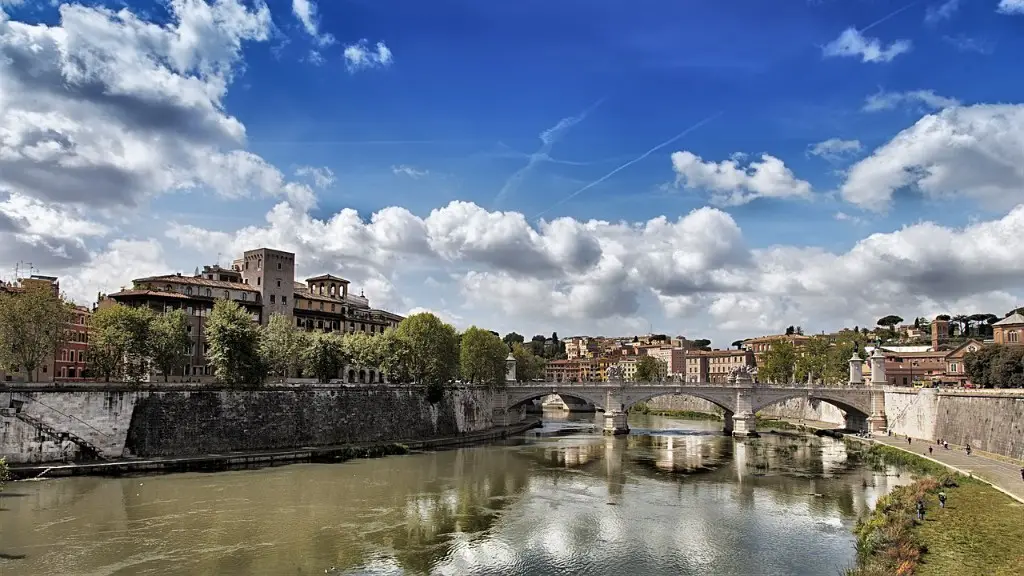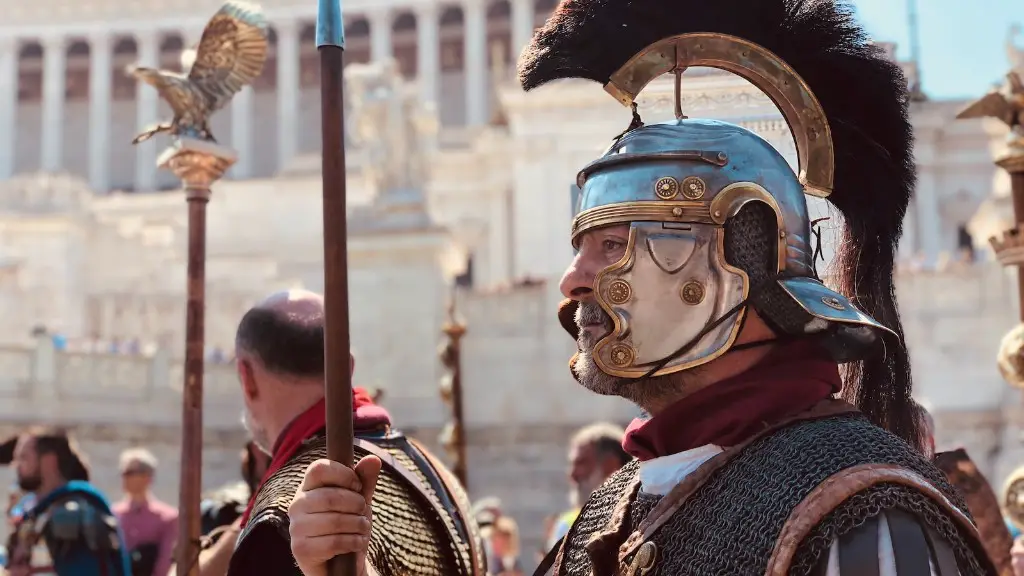Democracy was used in ancient Rome as a way for the people to have a say in government. The Roman Senate was a group of wealthy landowners who had the power to make laws. The Roman Assembly was a group of people who could vote on laws.
The Roman Republic was a period of time in which Rome was governed by a group of elected officials called the Senate. The Senate was made up of patricians, or wealthy landowners, who passed laws that favored their own interests. The common people, or plebeians, had no voice in government and were often exploited by the patricians. In order to get around this, the plebeians formed their own assembly, called the Concilium Plebis, which could pass laws that the Senate had to obey. Over time, the power of the Concilium Plebis grew, and it eventually became the dominant force in Roman politics.
How democratic was ancient Rome?
The government of the Roman Republic was neither strictly a monarchy (rule by one) or a direct democracy (rule by all). It had democratic features but was essentially a “fundamentally undemocratic society dominated by a select caste of wealthy aristocrats” (Brown, 2016, para. 2). This select group of aristocrats controlled the government through their ownership of the land and their control of the military. The aristocrats used their power to maintain their own wealth and position, while the majority of the people were left out of the government and had little say in how the country was run.
The two consuls were elected each year with each able to veto the other. The rule of Roman government was that if people couldn’t get on then nothing could happen at all. Then, every five years, two censors were elected. This was a job normally given to an older, experienced politician who had been through the mill.
Why did democracy fail in Rome
The Roman Republic was a complex government with many leaders and councils at different levels. However, as the republic grew, many problems began to emerge, including economic problems, government corruption, crime, and the rise of Julius Caesar as emperor. These problems eventually led to the fall of the Republic in 27 BCE.
The Roman Republic was a democracy in that senators and consuls were elected by the public. However, not all members of the public were allowed to vote. The lower classes, the plebeians, were not always given voting rights, and were sometimes only able to elect their own politicians (tribunes) rather than senators. This meant that the Roman Republic was not truly democratic, as not all members of society were given an equal say in government.
Who ended democracy in Rome?
Augustus Caesar was a Roman politician and general who played a significant role in the end of the Roman Republic and the rise of the Roman Empire. Augustus was the first emperor of Rome and ruled from 27 BCE to 14 CE. His reign was marked by military expansion, administrative reform, and cultural patronage. Augustus was a skilled politician and was able to maintain power through a combination of charisma and military force.
The Battle of Actium in 31 BC marked the end of the Republic and the rise of the Roman Empire. Octavian, who was granted extraordinary powers by the Senate in 27 BC, effectively became the first Roman emperor. This ended the era of the Republic and ushered in a new era of imperial rule.
Why did Rome elect a dictator when they were a democracy?
The Senate could vote to grant absolute power to one man, called a dictator, for a temporary period. This was a common occurrence during the first 300 years of the Republic, when dictators were often called on when Rome faced an invasion or some internal danger. However, this system eventually led to the rise of the Roman Empire, and the Senate lost its power to the Emperor.
The Roman Senate was a political institution in ancient Rome. It was one of the most powerful institutions in the Roman state, and played a major role in the government and politics of Rome. The Consuls were the highest ranking magistrates in the Roman state, and were responsible for the administration of justice. The Assemblies were the popular assemblies of the Roman people, and were responsible for passing laws and making decisions on public policy.
What made Rome so successful
Rome became a powerful state in the ancient world due to a combination of military might, political acumen, and economic expansion. This growth transformed the Mediterranean region and also had a profound impact on Rome itself. The rise of Rome as a superpower led to significant changes in the political, social, and economic fabric of the city and its people.
It is important to note that not all citizens of Rome were able to vote in early elections. This was due to a number of factors, including the exclusion of women, slaves, and those living outside of Rome. However, as Rome grew, the electorate expanded, and eventually all citizens were able to vote.
Was ancient Rome a democracy or dictatorship?
The Roman Republic was a democracy. Its government consisted of the Senate and four assemblies: the Comitia Curiata, the Comitia Centuriata, the Concilium Plebis, and the Comitia Tributa. The Senate was a body of aristocrats, while the assemblies were open to all male citizens. The Comitia Curiata was responsible for various religious and legal functions, the Comitia Centuriata for electing magistrates and declaring war, the Concilium Plebis for passing laws, and the Comitia Tributa for electing tribunes. Although the Senate had veto power over the assemblies, the assemblies could override its decisions by a two-thirds vote. In addition, the assemblies could pass laws without the Senate’s approval.
In an autocracy, the government is run by a single person. In Rome, this person was the emperor. The emperor had complete control over the government and the senate, which was the dominant political power in the Roman Republic. The emperor made all the decisions and the senate had no real power.
How was democracy in ancient Rome different from in ancient Greece
Rome was not a democracy like Athens, but rather a republic. This means that the people did not have direct control over the government. Instead, the government was controlled by wealthy aristocrats. This made the Roman Republic more of an elected oligarchy than a democracy.
The Roman Republic was a period of time in which the city-state of Rome existed as a republican government. This period of time is one of the earliest examples of representative democracy in the world. The Roman Republic lasted from 509 BCE to 27 BCE. During this time, Rome was governed by a group of elected officials called the Senate. The Senate was responsible for passing laws and overseeing the government. The Roman Republic was a time of great prosperity for Rome. During this time, Rome became a major power in the Mediterranean region.
What ancient civilization used direct democracy?
Athens was one of the first cities to establish a direct democracy, which was made possible by its three major institutions: the ekklesia (Assembly), the boule (Council), and the dikasteria (Courts). The Assembly was the sovereign governing body of Athens, composed of all adult male citizens who could vote on legislation and executive decisions. The Council was a smaller body of 500 citizens, chosen by lot every year, that prepared business for the Assembly and oversaw various city committees. Finally, the Courts were responsible for adjudicating cases and dispensing justice. This system of government allowed for the full participation of all citizens in the decision-making process, ensuring that the needs of the people were always met.
The Roman Empire was responsible for a number of inventions and innovations that we still use today. Here are 10 of them:
1. Cement: The Romans were the first to develop cement, which is a key ingredient in concrete. Concrete was used extensively by the Romans for construction, and it is still one of the most popular building materials today.
2. Sanitation: The Roman Empire was also responsible for developing early sanitation systems, including public baths and latrines. These were essential for maintaining public health in a large and densely populated empire.
3. Roads: The Roman road network was the most advanced in the world at the time, and it facilitated trade and travel across the empire. Many of the roads built by the Romans are still in use today.
4. Social care and welfare: The Romans were one of the first societies to develop systems of social care and welfare, including orphanages and homes for the elderly. These were important for protecting vulnerable members of society.
5. Julian calendar: The Julian calendar, used today, was first introduced by the Romans. It is named after Julius Caesar, who commissioned its development.
6. Elements of surgery: The Romans were responsible for several important innovations in
What did Rome value the most
The Roman values of bravery, loyalty, piety, seriousness, respect and authority were defined by the term virtus. Virtus originally had a male designation, as it came from the word vir, meaning “husband”. However, these values were not just limited to men – women could also exhibit virtus.
While the Roman Empire no longer exists, there are many modern countries that were once part of it. These include Italy, France, Spain, Portugal, The United Kingdom, Romania, Greece, Egypt, Israel, Syria, Turkey, Lebanon and Tunisia. The capital of the Roman Empire, Rome, still exists today.
Conclusion
Democracy in ancient Rome was used as a form of government in which all citizens had an equal say in the decisions made about the city. The Roman Senate was a key factor in the democracy, as it allowed for open discussion and debate about the issues facing the city. In addition, the citizens of Rome were able to elect their own officials, which helped to ensure that the government was responsive to the needs of the people.
The Roman Republic was founded in 509 BCE, and it is considered one of the earliest examples of a democracy. The Roman Republic lasted until the end of the Roman Empire in 476 CE. During that time, democracy in Rome was used to represent the people’s will and to make sure that everyone had a say in the government’s decisions.
